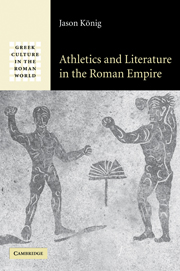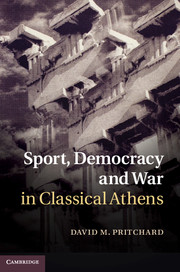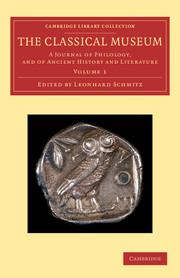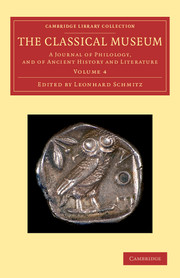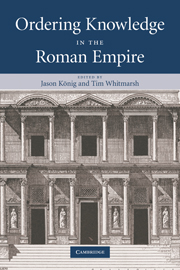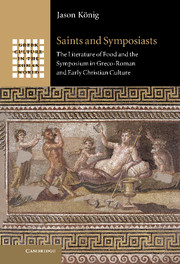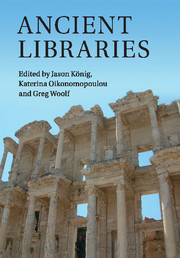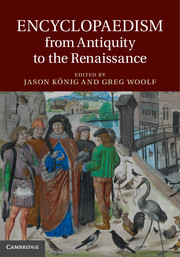Athletics and Literature in the Roman Empire
From the first to third century AD Greek athletics flourished as never before. This book offers exciting readings of those developments. Drawing on a wide range of evidence, it sheds light on practices of athletic competition and athletic education in the Roman Empire. In addition it examines some of the ways in which athletic activity was represented within different texts and contexts. Most importantly, the book shows how discussion and representation of athletics could become entangled with many other areas of cultural debate, and used as a vehicle for many different varieties of authorial self-presentation and cultural self-scrutiny. It also argues for complex connections between different areas of athletic representation, particularly between literary and epigraphical texts. It offers re-interpretations of a number of major authors, especially Lucian, Dio Chrysostom, Pausanias, Silius Italicus, Galen and Philostratus.
- Sets out neglected evidence for athletic festivals and competitions in the Roman Empire
- Offers major new readings on a wide range of Greek and Roman authors
- Explores athletics in the context of a broader cultural debate
Reviews & endorsements
"...Until this book no scholar has studied the body of literature related to athletics in the Roman imperial period...This is a fresh and provocative study and one that begs for similar synchronic analyses of athletically related ancient texts...Konig's work is hugely welcome, and a stimulus for further projects." --Phoenix : Journal of the Classical Association of Canada.
Product details
July 2008Paperback
9780521070089
420 pages
230 × 150 × 25 mm
0.636kg
12 b/w illus.
Available
Table of Contents
- 1. Introduction
- 2. Lucian and Anacharsis: gymnasion education in the Greek city
- 3. Models for virtue: Dio's Melankomas and the athletic body
- 4. Pausanias and Olympic panhellenism
- 5. Silius Italicus and the athletics of Rome
- 6. Athletes and doctors: Galen's agonistic medicine
- 7. Philostratus' Gymnasticus and the rhetoric of the athletic body
- Conclusion.

